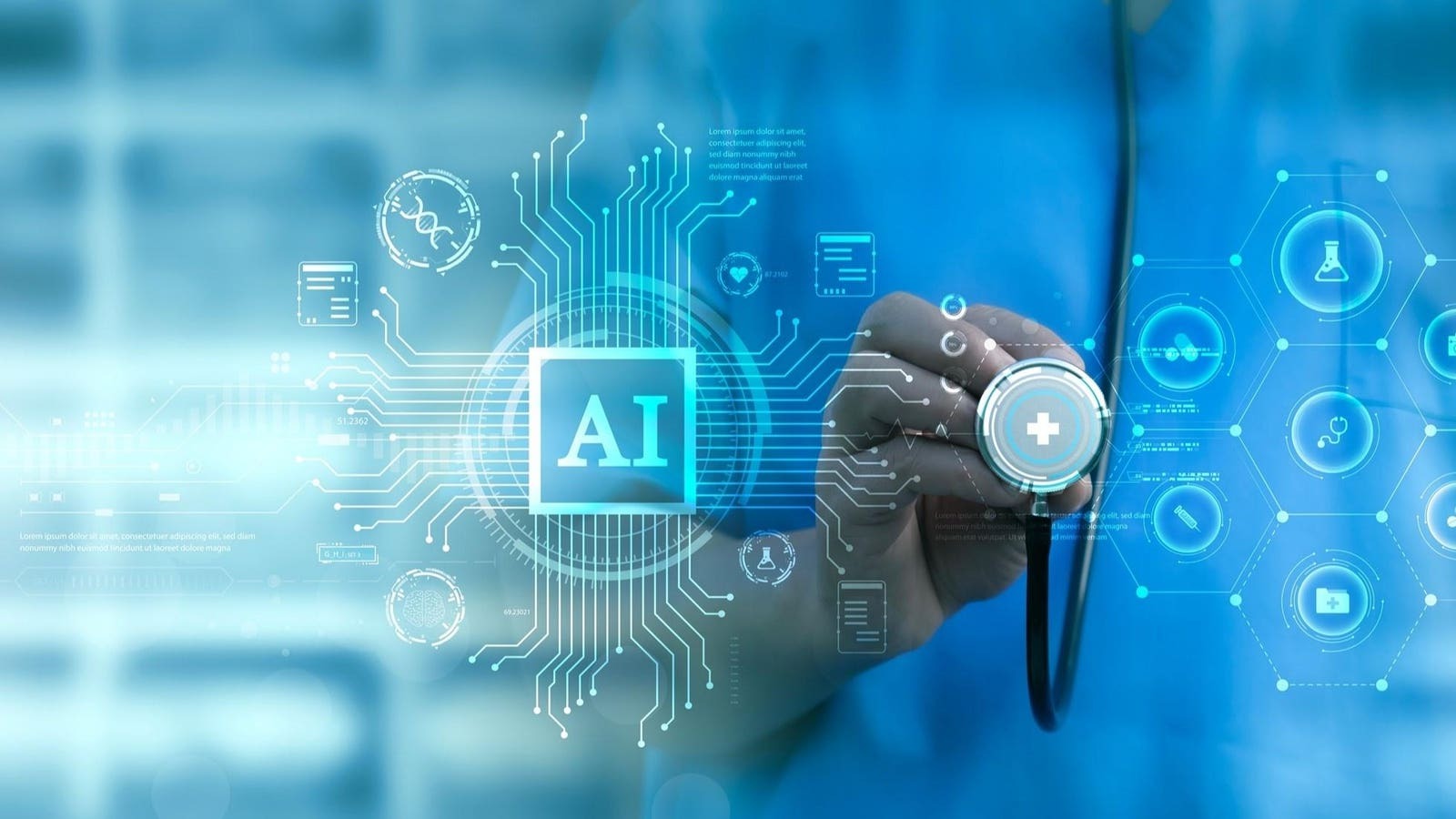
@ShahidNShah


Generative AI has the potential to change the way professionals work in every industry. In healthcare, it is set to revolutionize the way we diagnose and treat diseases, research new medicines and therapies, and manage routine administrative tasks.Of course, AI will never replace the experience, skills and human touch of doctors and nurses. Instead, it will let them augment their abilities and expertise with super-fast insights and analysis. It can also relieve them of many of the time-consuming and routine tasks that prevent them from spending time with patients and directly improving outcomes.Healthcare jobs are changing, and whether you are involved in delivering frontline care, developing new treatments or managing resources and infrastructure, understanding the opportunities and challenges is essential.
Overall, as generative AI tools become more deeply embedded across the day-to-day responsibilities of caregivers, their responsibilities will evolve. Less time will be taken up with routine and administrative work, meaning more time can be spent consulting with patients as well as updating their own skills and knowledge. They’re only in the early stages of this revolution but its impact is already starting to be felt, and by preparing for it now, doctors, nurses, paramedics, therapists, researchers and managers can ensure they play a pivotal role in ensuring it benefits as many patients as possible.
Continue reading at forbes.com
Distributed denial-of-service (DDoS) attacks continue to plague healthcare institutions, and like a virus, these threats continually evolve as they meet resistance against their intrusions. At the …
Connecting innovation decision makers to authoritative information, institutions, people and insights.
Medigy accurately delivers healthcare and technology information, news and insight from around the world.
Medigy surfaces the world's best crowdsourced health tech offerings with social interactions and peer reviews.
© 2025 Netspective Foundation, Inc. All Rights Reserved.
Built on Apr 30, 2025 at 4:13am